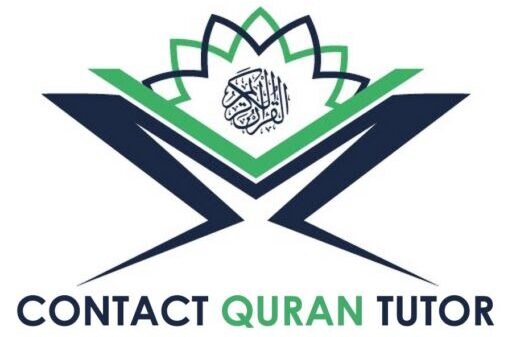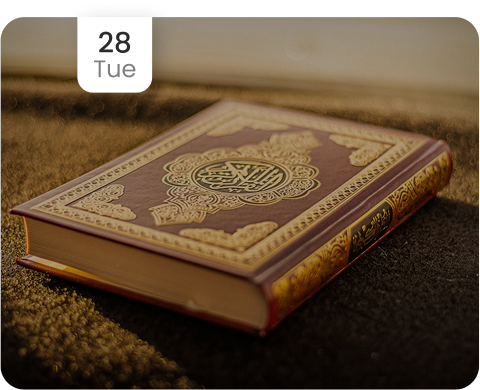The Qur’an is not just a religious scripture; it is a comprehensive manual for life. Revealed over 1,400 years ago, its relevance, wisdom, and guidance continue to influence hearts, societies, and civilizations. The Qur’an speaks to every dimension of human life — social, moral, intellectual, and political — and this is what makes it truly magnificent. 1. Social Teachings: Building a Compassionate Society The Qur’an emphasizes justice, kindness, and social equality. It commands believers to support the poor, honor the orphan, and uphold human dignity. > “Indeed, Allah commands justice and good conduct and giving to relatives and forbids immorality, and bad conduct and oppression.”(Surah An-Nahl 16:90) Prophet Muhammad ﷺ said: > “The best among you are those who are most beneficial to people.”(Musnad Ahmad) The Qur’an teaches mutual respect, brotherhood, and service to others — values essential to any healthy and peaceful society. 2. Ethical and Moral Framework: A Guide for Daily Life The Qur’an shapes the personal character of individuals by promoting honesty, humility, patience, gratitude, and truthfulness. It trains people to control anger, forgive others, and avoid arrogance. These teachings are timeless principles for building a morally sound society. > “And speak to people good [words]…”(Surah Al-Baqarah 2:83) Dr. Maurice Bucaille, a French physician and researcher, wrote: > “The Qur’an is in perfect harmony with modern science, but it also gives moral laws for everyday life.” 3. Intellectual and Scientific Insight: A Book Ahead of Its Time The Qur’an encourages observation, contemplation, and reasoning, laying the foundation for scientific thought long before the modern scientific method existed. > “Do they not reflect upon themselves?”(Surah Ar-Rum 30:8) It speaks of embryology, astronomy, oceanography, and other phenomena in ways that astonished scientists centuries later. Famous embryologist Dr. Keith Moore said: > “The Qur’anic descriptions of human development are remarkably accurate and could not have been known in the 7th century.” This intellectual depth proves that the Qur’an is not limited to religious ritual, but inspires curiosity and exploration. 4. Political and Legal Principles: Foundation of Justice and Statecraft The Qur’an lays the groundwork for just governance, accountability, and rights of citizens. It teaches leaders to rule with fairness and responsibility: > “Indeed, Allah commands you to render trusts to whom they are due and when you judge between people to judge with justice.”(Surah An-Nisa 4:58) The Prophet Muhammad ﷺ established a state in Madinah based on Qur’anic values — ensuring religious freedom, economic justice, and social cohesion. These principles have influenced political thinkers throughout history. Even Western thinkers acknowledged this. The Scottish historian William Draper wrote: > “Muhammad founded a religion that transformed a fragmented desert tribe into a powerful civilization governed by the moral and legal codes of the Qur’an.” 5. The Qur’an as a Living Miracle The Qur’an is unchanged, unmatched, and memorized by millions. Its language is eloquent, its rhythm divine, and its message eternal. It has the power to reform individuals and uplift entire nations. > “This is the Book about which there is no doubt, a guidance for those conscious of Allah.”(Surah Al-Baqarah 2:2) The Prophet ﷺ said: > “The best of you are those who learn the Qur’an and teach it.”(Bukhari) Conclusion: A Light for All Times In conclusion, the greatness of the Qur’an lies not only in its religious guidance but in its complete relevance to all aspects of life — from individual behavior to global systems of governance. It is a source of wisdom, reform, peace, and justice. Those who engage with the Qur’an with sincerity find that it transforms their worldview. It is not just a book to be recited — it is a light to be followed, a code to be lived, and a gift to be shared.


